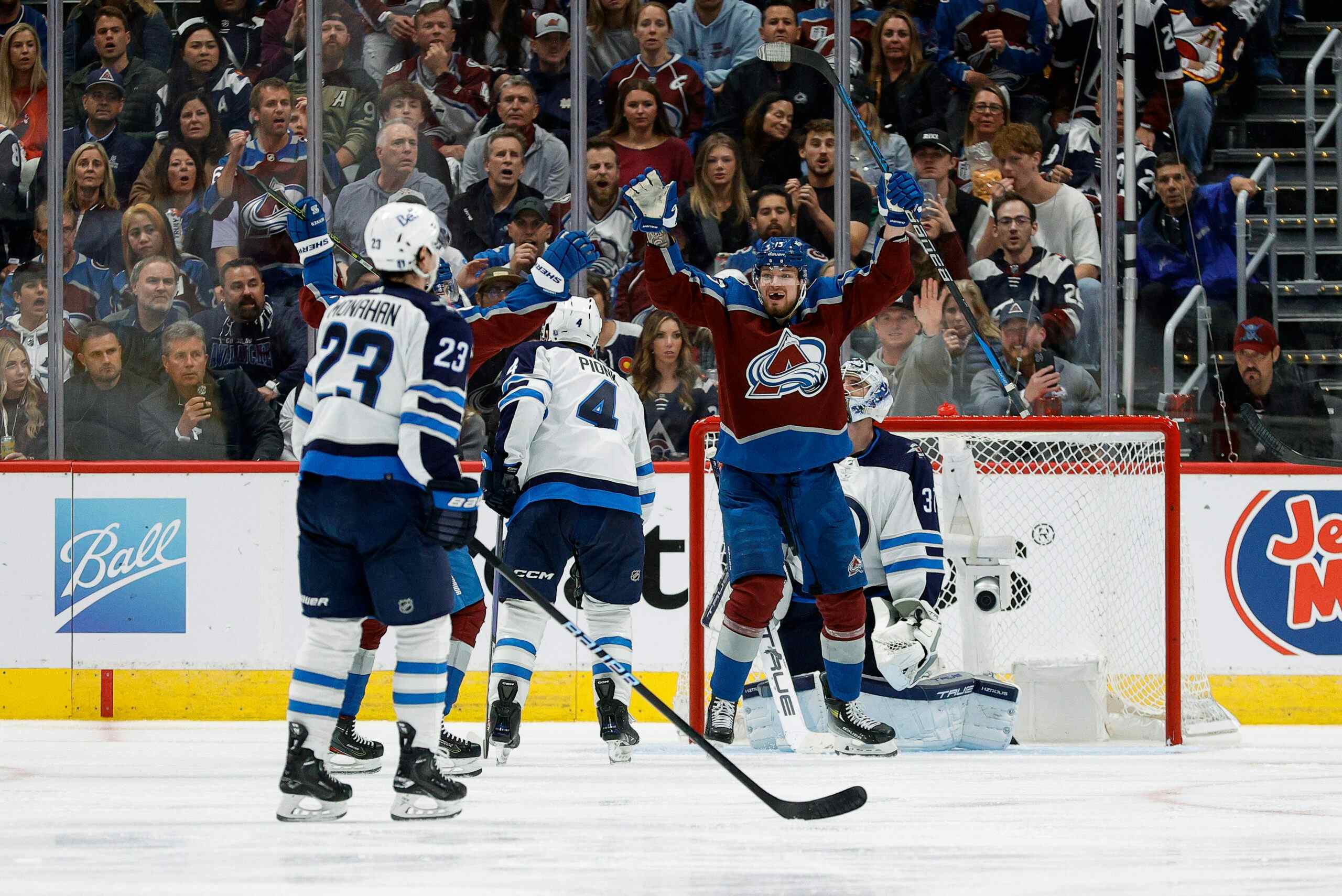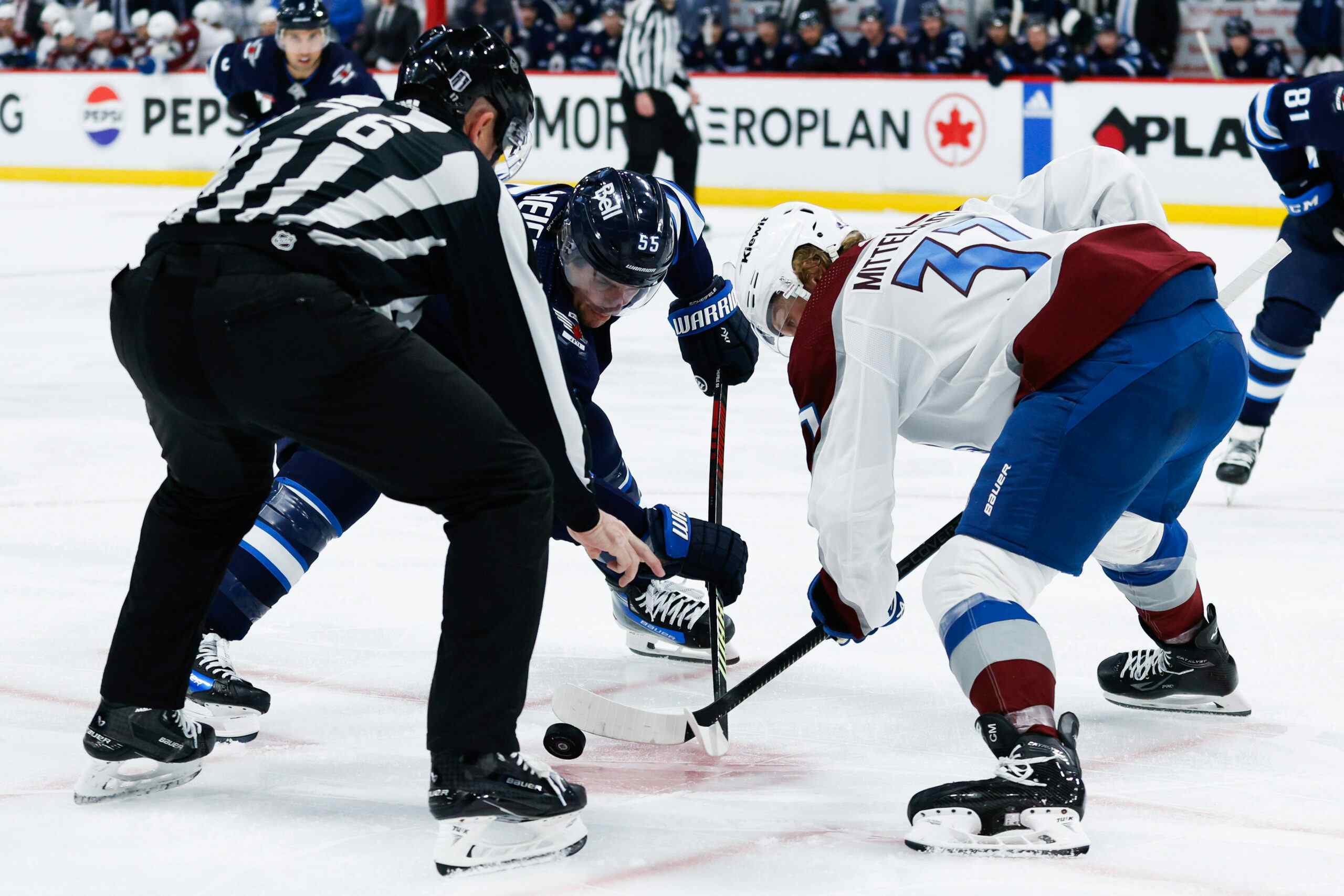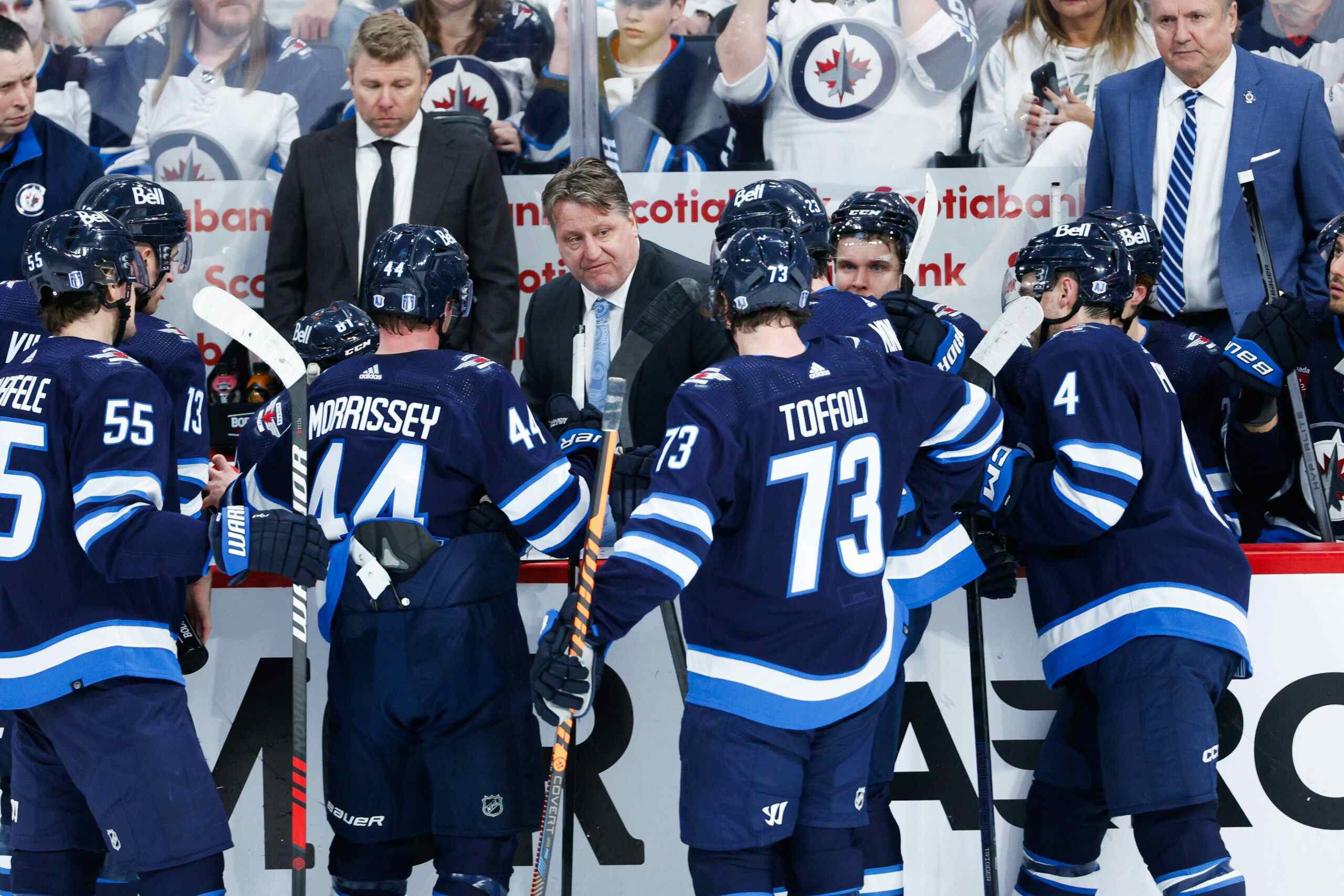Player types: The defensive forward
By Cam Charron
12 years ago
Earlier, I introduced on The Nations Network a new way of looking at a player’s plus/minus rating, specifically to do with on-ice shot differential, in an effort to learn more about teams and players.
This month, somewhat regularly, I will break down types of players and teams in an effort to localize player talents and figure out exactly what certain teams need. There’s definitely more to a hockey player than simply being “good” or “bad” and by how much, so today I will profile the defensive forward.
(Previous: The two-way forward)
The defensive forward is oft under-appreciated due to the fact that he spends most of his time on the ice unnoticed. By definition, the defensive forward is a low-events player (few shots at both ends) and winds up being a plus-player. On the chart, you will notice a player who is below average offensively, but still right of the diagonal and therefore on for more shots against than for.

There are some key issues that we run into when we profile the defensive forward. Primarily, looking at my list of players in 2011 who fit into this category, many of them played for bad teams. This is because worse teams tend to suppress talent when facing adversity. It’s the whole “playing not to lose” routine. Another issue is score effects: the New Jersey Devils, for instance, allowed a league low 25.8 shots at even strength per 60 minutes last season, partly due to their defensive system, partly due to the fact that they played from behind so often. As a result, several of their players fit the “defensive forward” mould.
Not a single Devils player ended up on the positive spectrum of “shots for” mind you, hence why they were such a poor team last season. However, so did playoff teams New York Rangers and Los Angeles Kings, so there may be something there. The Rangers built effectively around a strong goalie in Henrik Lundqvist, and, given their goal differential, should have been a team much higher-ranked in the standings. The Kings are a surprising inclusion on the list since they were a slightly-above .500 team and not known for possessing a terrific goalie or astonishing defense, but they only scored 219 goals and allowed just 198, meaning that they were quite low event. 6th lowest in the league in total goals per game at even strength, in fact.
Given that most of the best defensive forwards in the league picked up tough minutes and were adjusted to land in the “two-way forward” category, I’m going to share with you the 15 names that best fit into the highlighted section of the graph above. Keep in mind this is not a rating of quality, but merely an attempt to decipher what certain players do on the ice. I standardized the numbers to 14.65 minutes at even strength per game, which is roughly equal to a lower-tier first line player:
| NAME | TEAM | AdjFen | Events F | Events A | Type | Events |
|---|---|---|---|---|---|---|
| Brian Rolston | N.J | 2.14 | -0.65 | 2.80 | FD | -14.09 |
| Dainius Zubrus | N.J | 1.26 | -0.96 | 2.25 | FD | -13.12 |
| Boyd Gordon | WSH | 0.85 | -1.03 | 1.87 | FD | -11.82 |
| David Steckel | N.J | 0.72 | -1.15 | 1.73 | FD | -11.76 |
| Patrik Elias | N.J | 2.58 | -0.02 | 2.61 | FD | -10.74 |
| Tom Wandell | DAL | 0.28 | -1.12 | 1.47 | FD | -10.60 |
| David Clarkson | N.J | 0.96 | -0.81 | 1.63 | FD | -9.99 |
| Derek Dorsett | CBJ | 0.11 | -1.11 | 1.26 | FD | -9.69 |
| Dana Tyrell | T.B | 1.05 | -0.64 | 1.62 | FD | -9.23 |
| Samuel Pahlsson | CBJ | 0.85 | -0.69 | 1.56 | FD | -9.17 |
| Jerred Smithson | NSH | 0.45 | -0.75 | 1.30 | FD | -8.35 |
| Chris Kelly | BOS | 0.59 | -0.54 | 1.01 | FD | -6.29 |
| Alexei Ponikarovsky | L.A | 0.28 | -0.68 | 0.86 | FD | -6.28 |
| Travis Zajac | N.J | 0.45 | -0.53 | 0.98 | FD | -6.15 |
| Patrick Kaleta | BUF | 0.30 | -0.56 | 0.90 | FD | -5.94 |
(Raw data downloaded from BehindTheNet.ca and adjusted in Excel.)
[ LEGEND: AdjFen Adjusted Fenwick number per 14.65 minutes Events F On-ice goals, shots and misses for above the league average Events A On-ice goals, shots and misses below the league average Type Player type Events T Unadjusted total number of events above or below the league average ]
Other than all the Devils, who obviously played a low-event, tight-checking game, the surprising names include Dana Tyrell from the relatively high-event Tampa Bay Lightning and Derek Dorsett, who actually played some pretty tough minutes (.525 Corsi QoC and 1.39 extra defensive starts per game) and was on the ice for just 9.24 events against per 14.65 minutes (a rough average is about 10). I’ve always been somewhat of a fan of Jerred Smithson and think he’s an underrated player and its nice to see he ended up in the plus column though not quite out of the shadow of David Legwand and Joel Ward who put up fantastic seasons in Nashville.
Since Brian Rolston was unceremoniously shipped out of Jersey, it’s worth noting that he has the best “adjusted events against” number among forwards in the National Hockey League, His PDO was just 983 which means he probably looked a lot worse than he actually was. I think he’ll do fantastic on the Island and was probably a good pickup for a team that needed to spend money this summer.
Join us for our next “Player-Type Profile” as we look at the close cousin of the defensive forward: The Offensive Liability.
Recent articles from Cam Charron





